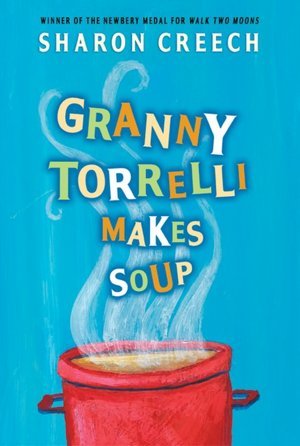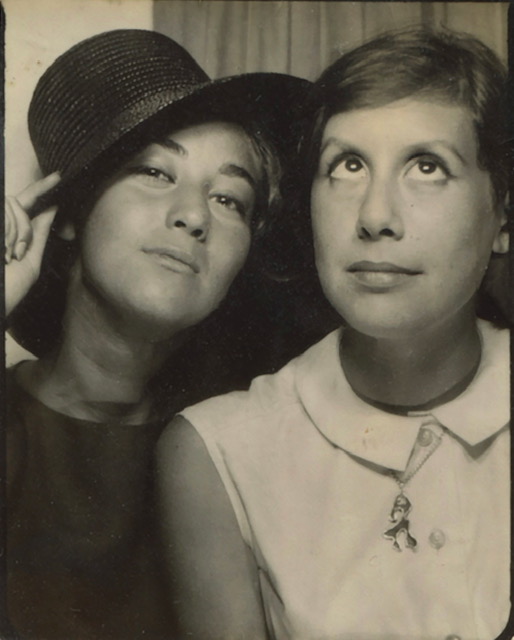For all of her 12 years, Rosie has been best friends with Bailey, the blind boy next door. Bailey often comes over when Rosie’s Granny Torrelli comes to stay while her parents go out. They usually cook together—soup one night, pasta another.
Granny Torrelli is plump with brown spots on her face. She speaks and cooks with dramatic Italian flair. Granny Torrelli deftly coaxes Rosie to talk about herself: why she is angry with Bailey, for example, or why she is jealous of the gushy new neighbor girl. Rosie thinks of her Granny as calm, patient and reasonable, yet as Granny Torrelli tells stories about her early years in Italy, Rosie learns that her grandmother is familiar with emotions and conflicts similar to Rosie’s own. Anger, confusion, stubbornness and jealousy simmer in Rosie’s heart like the pasta sauce on the stove. Without ever being preachy, Granny Torrelli helps Rosie see things in perspective—such as the fact that Bailey doesn’t want to be rescued and protected because he’s blind, but is proud of learning to stand on his own feet like any other kid. Tutto va bene (all is well) at the end.



